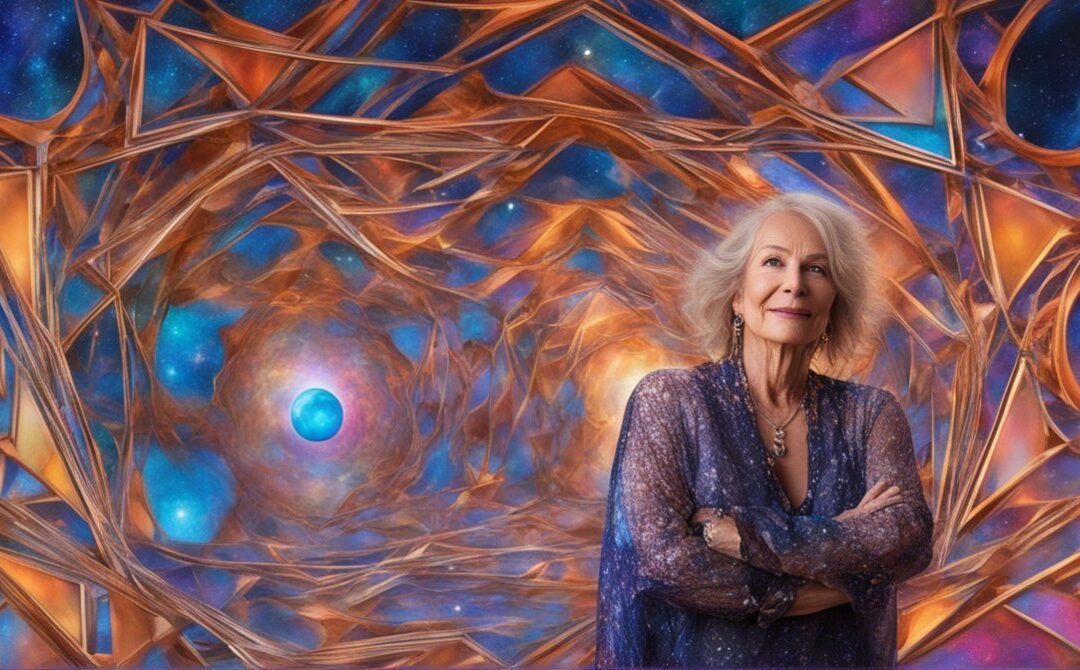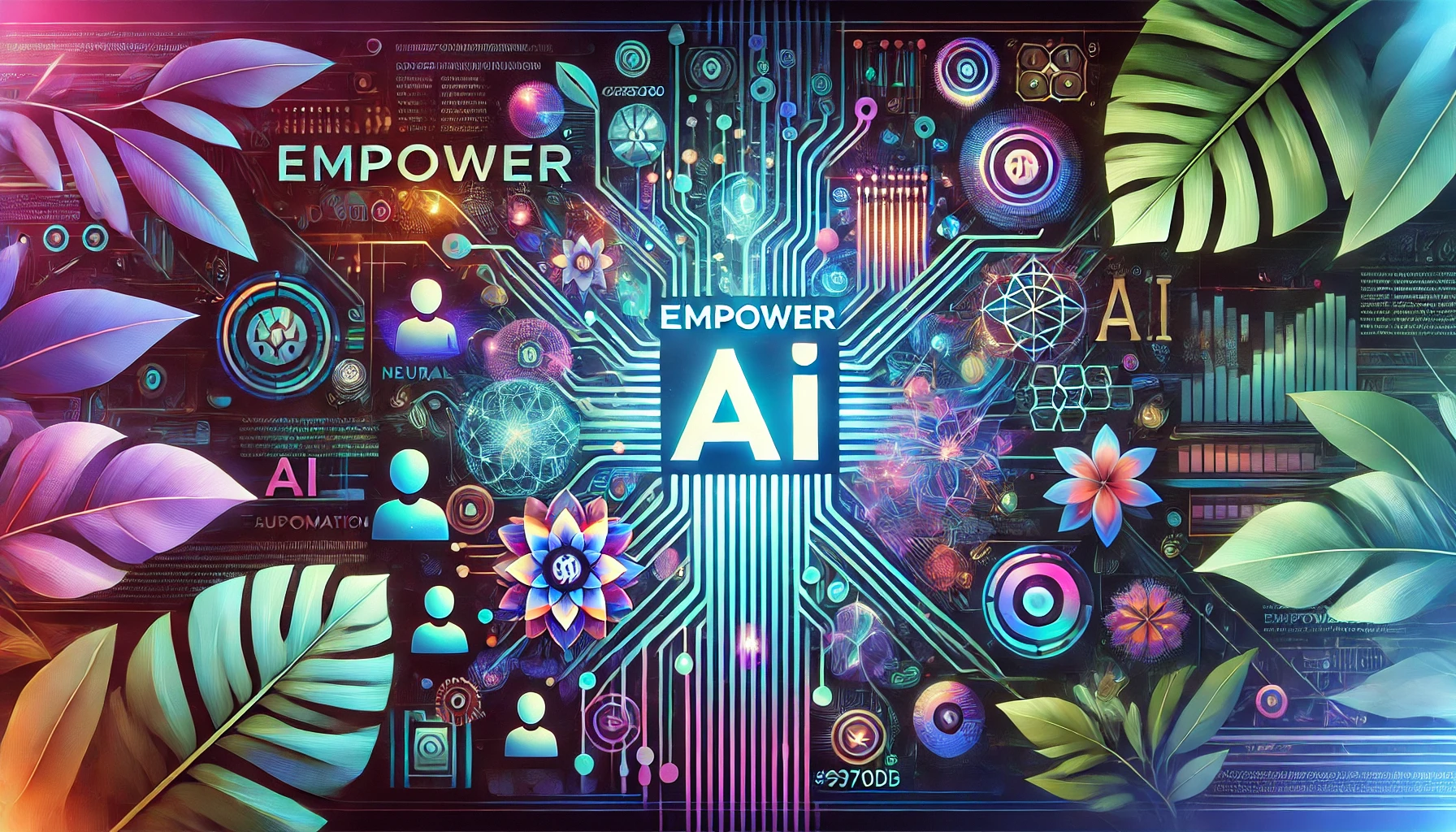How an AI Art Course Can Inspire Coaches and Therapists
In the world of coaching and therapy, creativity is an essential skill that fuels innovation and problem-solving. However, many professionals in these fields often grapple with how to unleash their creative potential. In this enlightening article, we delve into the transformative power of an AI Art Course and its profound impact on coaches and therapists. By combining the capabilities of artificial intelligence with artistic expression, this groundbreaking course offers professionals the tools to tap into their creativity, breakthrough creative barriers, and connect with their clients on a deeper level. Join us as we explore the myriad benefits, real-life success stories, practical tips, and ethical considerations surrounding the integration of AI art into coaching and therapy practices. It’s a journey that promises to unlock boundless creative potential and revolutionize the realm of coaching and therapy.
The article presents several key insights into the transformative power of an AI Art Course for coaches and therapists:
1. Essential Skill Acquisition: The AI Art Course is pivotal for coaches and therapists to bolster their creativity, an indispensable skill that propels innovative problem-solving and out-of-the-box thinking in their professional realm.
2. Technology-Driven Creativity: Merging AI with the creative process opens up a multitude of expression channels, aids in overcoming creative blocks, and fosters a fresh outlook, thereby reinvigorating the coaching and therapeutic methodologies.
3. Enhanced Client Engagement: AI art acts as a conduit for deeper client interaction and self-expression, making sessions more collaborative and enriching. It assists clients in articulating their emotions and experiences visually, propelling them towards a self-empowered healing journey.
4. Self-Discovery and Personal Growth: The act of creating AI-generated art can be a voyage of self-discovery for coaches and therapists, unveiling subconscious patterns which, when acknowledged, can lead to personal and professional growth.
5. Real-World Applications: The application of AI art in therapy and coaching is multifaceted, aiding in trauma recovery, career visualisation, and goal setting, as illustrated by real-life case studies.
6. Course Selection Criteria: Choosing the right AI Art Course is paramount. It should encompass a comprehensive curriculum, expert instructors, positive student reviews, and provide ample support and resources, aligning with the professional goals of coaches and therapists.
7. Ethical Considerations: While AI art is a potent tool, it’s crucial to maintain a balanced approach to ensure the human element remains integral in therapy and coaching. Addressing ethical concerns like privacy, informed consent, and data security is imperative.
8. Continuous Learning and Experimentation: The journey doesn’t end post-course completion. Continuous learning, attending relevant workshops, and encouraging experimentation are key for successfully integrating AI art into practice, making it a dynamic, evolving facet of the coaching or therapy portfolio.
9. Success Narratives: The transformative impact of AI art is palpable through numerous success stories where coaches and therapists have significantly enhanced their practice, facilitating profound client transformations.
10. Endless Possibilities: The AI Art Course is a gateway to unlocking boundless creative potential, ushering in an era of innovative, effective, and enriched coaching and therapy practices. The fusion of AI and art is not merely a novel tool, but a catalyst for revolutionizing the realm of therapeutic and coaching engagements.
These insights collectively highlight the profound impact of AI art on the coaching and therapy profession, offering professionals a path to greater creativity, client engagement, and personal growth.
Are you a coach or therapist looking to tap into your creative potential? Look no further. In this article, we explore the transformative power of an AI Art Course in inspiring coaches and therapists to unlock their creativity.
Creativity is an essential skill for coaches and therapists, enabling them to think outside the box, develop innovative approaches, and solve complex problems. However, many professionals in these fields struggle to unleash their creative potential.
Enter the AI Art Course – a groundbreaking program designed to harness the power of artificial intelligence and unleash creativity in individuals. Through a combination of theory, hands-on exercises, and practical applications, this course provides coaches and therapists with the tools and techniques to tap into their artistic abilities and enhance their coaching and therapeutic practices.
By integrating AI technology into the creative process, professionals can explore new avenues of expression, break through creative blocks, and develop fresh perspectives. This course offers a unique opportunity for coaches and therapists to reimagine their work, connect with their clients on a deeper level, and inspire innovative solutions.
Join us as we delve into the world of AI Art and discover how this cutting-edge course can revolutionise your coaching or therapy practice.
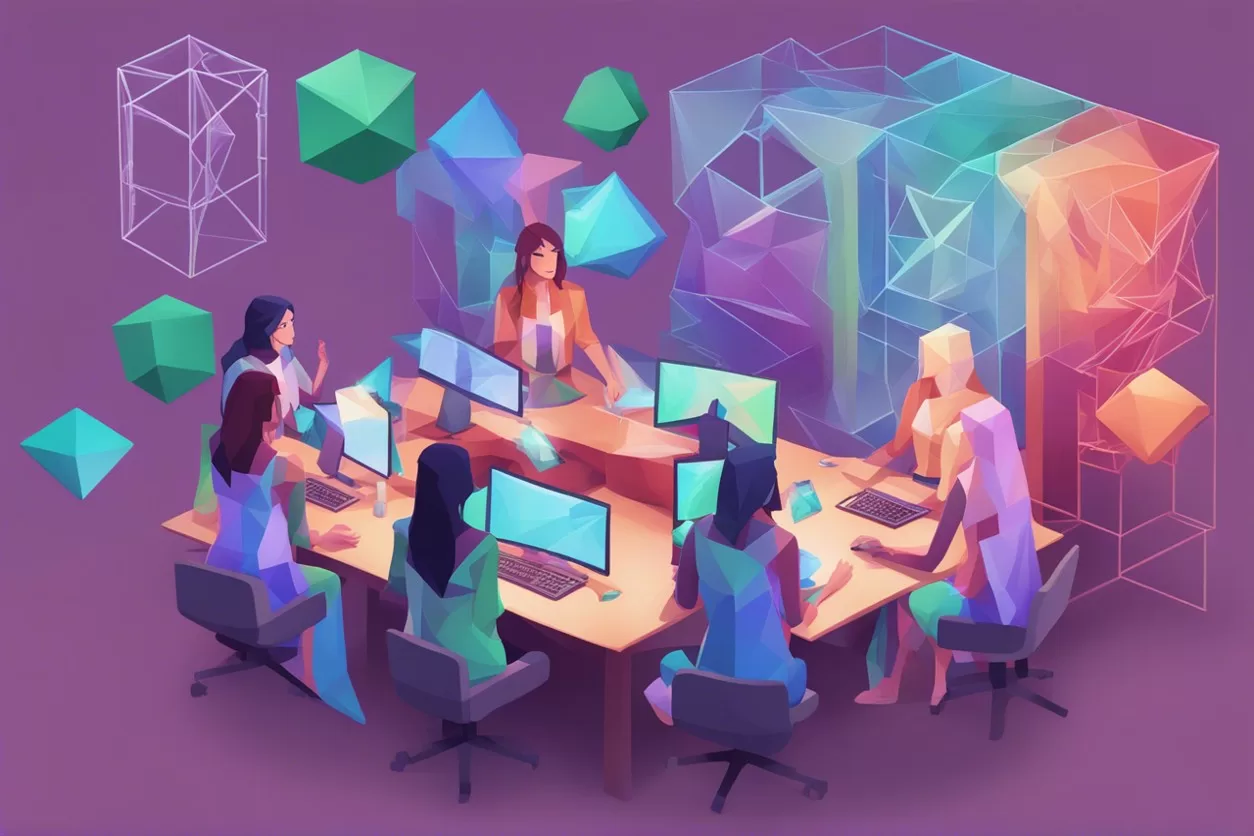
The benefits of incorporating AI art in coaching and therapy sessions
Coaches and therapists are constantly seeking new ways to enhance their practices and connect with their clients on a deeper level. Incorporating AI art into coaching and therapy sessions offers a range of benefits that can revolutionise the way professionals in these fields work.
First and foremost, AI art provides a unique avenue for self-expression and creativity. By embracing this technology, coaches and therapists can break free from traditional methods and explore new ways of communicating with their clients. The use of AI-generated artwork can help individuals tap into their emotions, thoughts, and experiences in a visually compelling and engaging manner.
Additionally, AI art can serve as a powerful tool for self-discovery. Through the process of creating AI-generated artwork, coaches and therapists can gain insights into their own subconscious and uncover hidden patterns or beliefs that may be influencing their practice. This self-reflection can lead to personal growth and a deeper understanding of oneself, which can ultimately benefit their clients.
Moreover, incorporating AI art into coaching and therapy sessions can facilitate a more collaborative and interactive experience. Clients can actively participate in the creation of AI-generated artwork, allowing them to express themselves in ways they may not have been able to before. This active involvement can foster a sense of empowerment and ownership over their own healing process.
Exploring the potential of AI art in self-expression and self-discovery
AI art offers a plethora of possibilities for self-expression and self-discovery. Through the use of advanced algorithms and machine learning, individuals can create artwork that not only reflects their emotions but also captures the essence of their experiences.
One of the key advantages of AI art is its ability to generate unique and original pieces of artwork. By leveraging the power of artificial intelligence, coaches and therapists can create artwork that is truly one-of-a-kind. This uniqueness can be a powerful tool for self-expression, allowing individuals to convey their thoughts and emotions in a way that is authentic and meaningful.
Furthermore, AI art can serve as a catalyst for self-discovery. The process of creating AI-generated artwork often involves experimentation and exploration. As coaches and therapists engage with this technology, they may uncover new aspects of themselves and their practice. This self-discovery can lead to personal growth and a deeper understanding of their own creative potential.
In addition, AI art can help individuals break through creative blocks and overcome limitations. By embracing a technology-driven approach to creativity, coaches and therapists can push the boundaries of their own imagination and develop fresh perspectives. This can ultimately result in innovative solutions and approaches to coaching and therapy.
Case studies: Real-life examples of using AI art in coaching and therapy
To truly understand the impact of AI art in coaching and therapy, let’s explore some real-life case studies of professionals who have successfully incorporated this technology into their practices.
Case Study 1: Sarah, a therapist specialising in trauma recovery, used AI art to help her client express their emotions and experiences. By creating AI-generated artwork together, they were able to tap into subconscious emotions and facilitate healing. The client found the process to be deeply transformative and credited the AI art for helping them make significant progress in their recovery journey.
Case Study 2: John, a career coach, integrated AI art into his coaching sessions to help clients visualise their goals and aspirations. Through the creation of AI-generated artwork, clients were able to gain clarity and focus on their career objectives. The visual representation of their goals served as a powerful motivator and provided a tangible reminder of what they were working towards.
These case studies demonstrate the diverse applications of AI art in coaching and therapy. From trauma recovery to career development, the possibilities are endless. By leveraging the power of AI-generated artwork, coaches and therapists can unlock new ways of connecting with their clients and facilitating positive change.
Choosing the right AI art course for coaches and therapists
With the growing popularity of AI art, there is an increasing number of courses available for coaches and therapists. However, it is important to choose the right course that aligns with your specific needs and goals.
When selecting an AI art course, consider the following factors:
- Course Curriculum: Look for a course that provides a comprehensive curriculum covering both theoretical and practical aspects of AI art. Ensure that the course offers hands-on exercises and practical applications that are relevant to your coaching or therapy practice.
- Instructor Expertise: Research the instructor’s background and expertise in the field of AI art. A reputable instructor with a strong track record can provide valuable insights and guidance throughout the course.
- Student Reviews: Read reviews and testimonials from previous students who have taken the course. Their feedback can offer valuable insights into the course’s effectiveness and relevance.
- Support and Resources: Determine the level of support and additional resources provided by the course. Look for courses that offer ongoing support, community forums, and access to relevant tools and software.
By carefully considering these factors, you can choose an AI art course that will provide you with the knowledge and skills to unlock your creative potential and enhance your coaching or therapy practice.
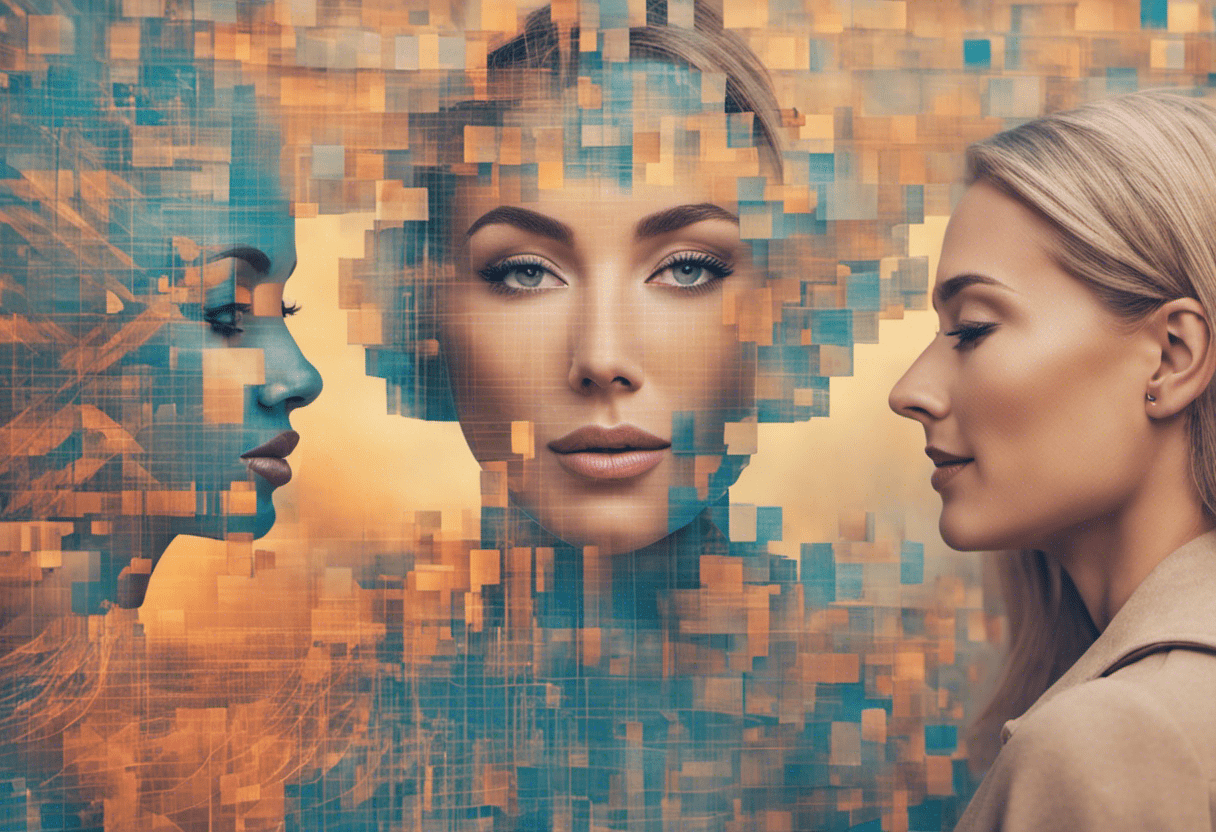
Practical tips for integrating AI art into coaching and therapy sessions
Integrating AI art into coaching and therapy sessions may seem daunting at first, but with the right approach, it can become a seamless and enriching part of your practice. Here are some practical tips to help you get started:
- Start small: Begin by incorporating AI art into small exercises or activities during your sessions. This could involve creating AI-generated artwork together with your clients or using AI art as a tool for reflection and exploration.
- Explain the process: Take the time to explain the concept of AI art to your clients and how it can benefit their experience. Address any concerns or misconceptions they may have and emphasise the collaborative nature of the process.
- Encourage experimentation: Foster a sense of curiosity and experimentation when using AI art. Encourage your clients to explore different techniques and styles, and embrace the unexpected outcomes that AI-generated artwork can produce.
- Reflect on the experience: After each session involving AI art, take the time to reflect on the experience with your clients. Discuss the emotions, thoughts, and insights that emerged during the process and how they can be applied to their personal growth or therapeutic journey.
- Continued learning: Stay updated with the latest developments in AI art by attending workshops, conferences, and webinars. Continued learning will enable you to expand your skills and explore new possibilities for integrating AI art into your coaching or therapy practice.
Remember, the integration of AI art into coaching and therapy sessions is a journey of discovery and growth. Embrace the process and allow it to inspire you and your clients to tap into your creative potential.
Overcoming challenges and addressing ethical considerations
While AI art offers immense potential for coaches and therapists, it is important to address the challenges and ethical considerations that may arise.
One of the main challenges is the potential for overreliance on AI-generated artwork. While AI can be a powerful tool for creativity, it should not replace the human element in coaching and therapy. It is essential to strike a balance between AI art and traditional methods, ensuring that the technology enhances rather than replaces the therapeutic relationship.
Additionally, ethical considerations surrounding AI art should be carefully examined. Coaches and therapists must be mindful of issues such as privacy, informed consent, and data security when incorporating AI-generated artwork into their practice. Clear guidelines and boundaries should be established to protect the well-being and confidentiality of clients.
By proactively addressing these challenges and ethical considerations, coaches and therapists can harness the power of AI art while maintaining the integrity of their practice.

Resources and tools for AI art creation
To get started with AI art, there are a variety of resources and tools available that can help you unleash your creativity. Here are some popular options:
- Generative Adversarial Networks (GANs): GANs are a type of AI model that can generate new and original artwork based on existing data. These models can be trained to create unique pieces of art that reflect your personal style and preferences.
- AI Art Platforms: There are several online platforms that provide tools and resources for creating AI-generated artwork. These platforms often offer a user-friendly interface and a range of customization options to suit your needs.
- AI Art Courses: As mentioned earlier, there are specialised AI art courses designed specifically for coaches and therapists. These courses provide in-depth training and guidance on how to incorporate AI art into your practice.
Exploring these resources and tools will enable you to dive into the world of AI art and unleash your creativity in new and exciting ways.
Success stories of coaches and therapists using AI art in their practice
The impact of AI art on coaching and therapy practices has been profound, with numerous success stories from professionals who have embraced this technology. Here are a few inspiring examples:
- Emily, a life coach: By integrating AI art into her coaching sessions, Emily was able to create a safe and creative space for her clients to explore their emotions and aspirations. The use of AI-generated artwork helped her clients gain clarity and perspective, leading to transformative personal growth.
- Michael, a therapist: Michael used AI art to help his clients process and express their traumatic experiences. Through the creation of AI-generated artwork, his clients were able to externalise their emotions and gain a sense of control over their healing process. The visual representation of their trauma served as a powerful tool for reflection and empowerment.
These success stories demonstrate the potential of AI art to inspire and transform coaching and therapy practices. By embracing this technology, coaches and therapists can unlock new avenues of creativity and connection with their clients.
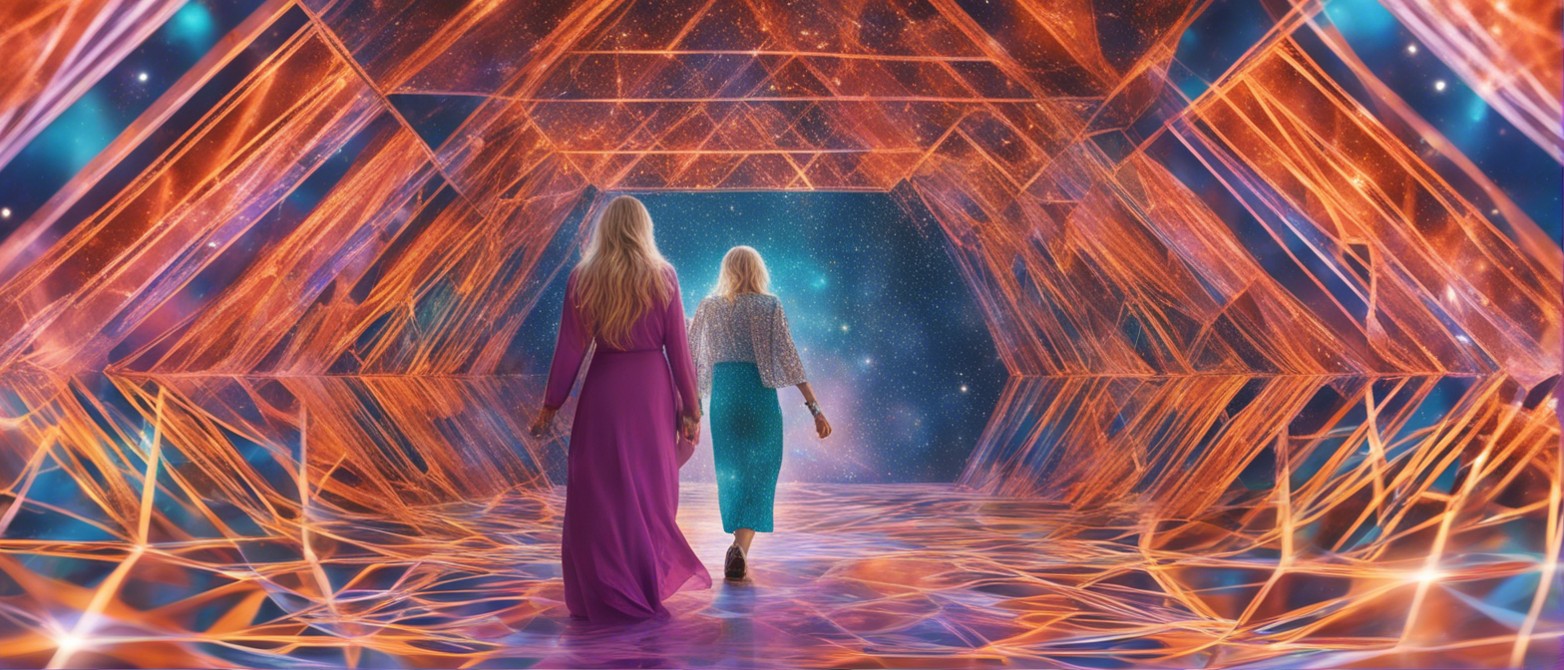
Embracing the transformative power of AI art in coaching and therapy
In conclusion, the integration of AI art into coaching and therapy practices offers a range of benefits for professionals in these fields. By tapping into the power of artificial intelligence, coaches and therapists can unlock their creative potential, connect with their clients on a deeper level, and inspire innovative solutions.
Through the use of AI-generated artwork, professionals can explore new avenues of self-expression and self-discovery, break through creative blocks, and develop fresh perspectives. However, it is important to carefully consider the ethical implications and challenges that may arise when incorporating AI art into practice.
By choosing the right AI art course, embracing practical tips for integration, and staying updated with the latest resources and tools, coaches and therapists can harness the transformative power of AI art and revolutionise their coaching and therapy practices.
So, are you ready to unleash your creativity and embark on a journey of transformation? Embrace the world of AI art and unlock your full potential as a coach or therapist. The possibilities are endless, and the rewards are immeasurable.
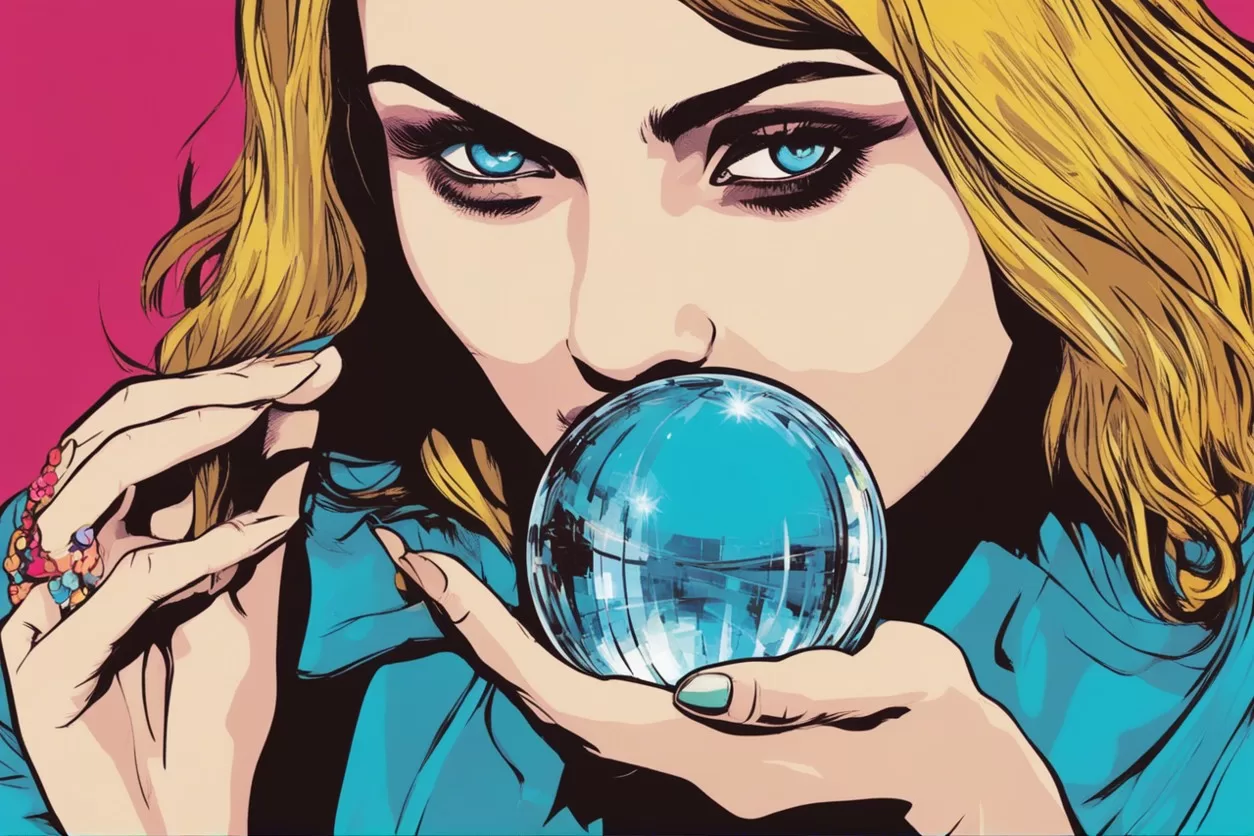
Key Insights: Unleashing Creativity Through AI Art Course for Coaches and Therapists
Essential Skill Acquisition:
The AI Art Course is pivotal for coaches and therapists to bolster their creativity, an indispensable skill that propels innovative problem solving and out-of-the-box thinking in their professional realm.
Technology-Driven Creativity:
Merging AI with the creative process opens up a multitude of expression channels, aids in overcoming creative blocks, and fosters a fresh outlook, thereby reinvigorating the coaching and therapeutic methodologies.
Enhanced Client Engagement:
AI art acts as a conduit for deeper client interaction and self-expression, making sessions more collaborative and enriching. It assists clients in articulating their emotions and experiences visually, propelling them towards a self-empowered healing journey.
Self-Discovery and Personal Growth:
The act of creating AI-generated art can be a voyage of self-discovery for coaches and therapists, unveiling subconscious patterns which, when acknowledged, can lead to personal and professional growth.
Real-World Applications:
The application of AI art in therapy and coaching is multifaceted, aiding in trauma recovery, career visualisation, and goal setting, as illustrated by real-life case studies.
Course Selection Criteria:
Choosing the right AI Art Course is paramount. It should encompass a comprehensive curriculum, expert instructors, positive student reviews, and provide ample support and resources, aligning with the professional goals of coaches and therapists.
Ethical Considerations:
While AI art is a potent tool, it’s crucial to maintain a balanced approach to ensure the human element remains integral in therapy and coaching. Addressing ethical concerns like privacy, informed consent, and data security is imperative.
Continuous Learning and Experimentation:
The journey doesn’t end post course completion. Continuous learning, attending relevant workshops, and encouraging experimentation are key for successfully integrating AI art into practice, making it a dynamic, evolving facet of the coaching or therapy portfolio.
Success Narratives:
The transformative impact of AI art is palpable through numerous success stories where coaches and therapists have significantly enhanced their practice, facilitating profound client transformations.
Endless Possibilities:
The AI Art Course is a gateway to unlocking boundless creative potential, ushering in an era of innovative, effective, and enriched coaching and therapy practices. The fusion of AI and art is not merely a novel tool, but a catalyst for revolutionising the realm of therapeutic and coaching engagements.
In essence, the AI Art Course is a beacon for those seeking to transcend conventional boundaries, fostering a rich, creatively charged environment that holds immense promise for both coaches, therapists, and their clients.
- What is the primary goal of the AI Art Course for coaches and therapists?
– The primary goal is to enhance creativity, enabling professionals to develop innovative approaches and solve complex problems in their practices.
- How does AI art facilitate better engagement between coaches/therapists and clients?
– AI art provides a unique avenue for self-expression and creativity, allowing for more collaborative and interactive sessions. It helps clients articulate emotions and experiences visually, fostering a deeper connection.
- What are the considerations when selecting an AI Art Course?
– Important considerations include a comprehensive curriculum, instructor expertise, positive student reviews, and the provision of support and additional resources.
- What ethical considerations are associated with incorporating AI art in coaching and therapy sessions?
– Ethical considerations include addressing issues of privacy, informed consent, and data security to ensure the well-being and confidentiality of clients.
- How can AI art be integrated into coaching or therapy sessions?
– Starting with small exercises, explaining the process to clients, encouraging experimentation, reflecting on the experience, and pursuing continuous learning are practical steps for integrating AI art into sessions.

